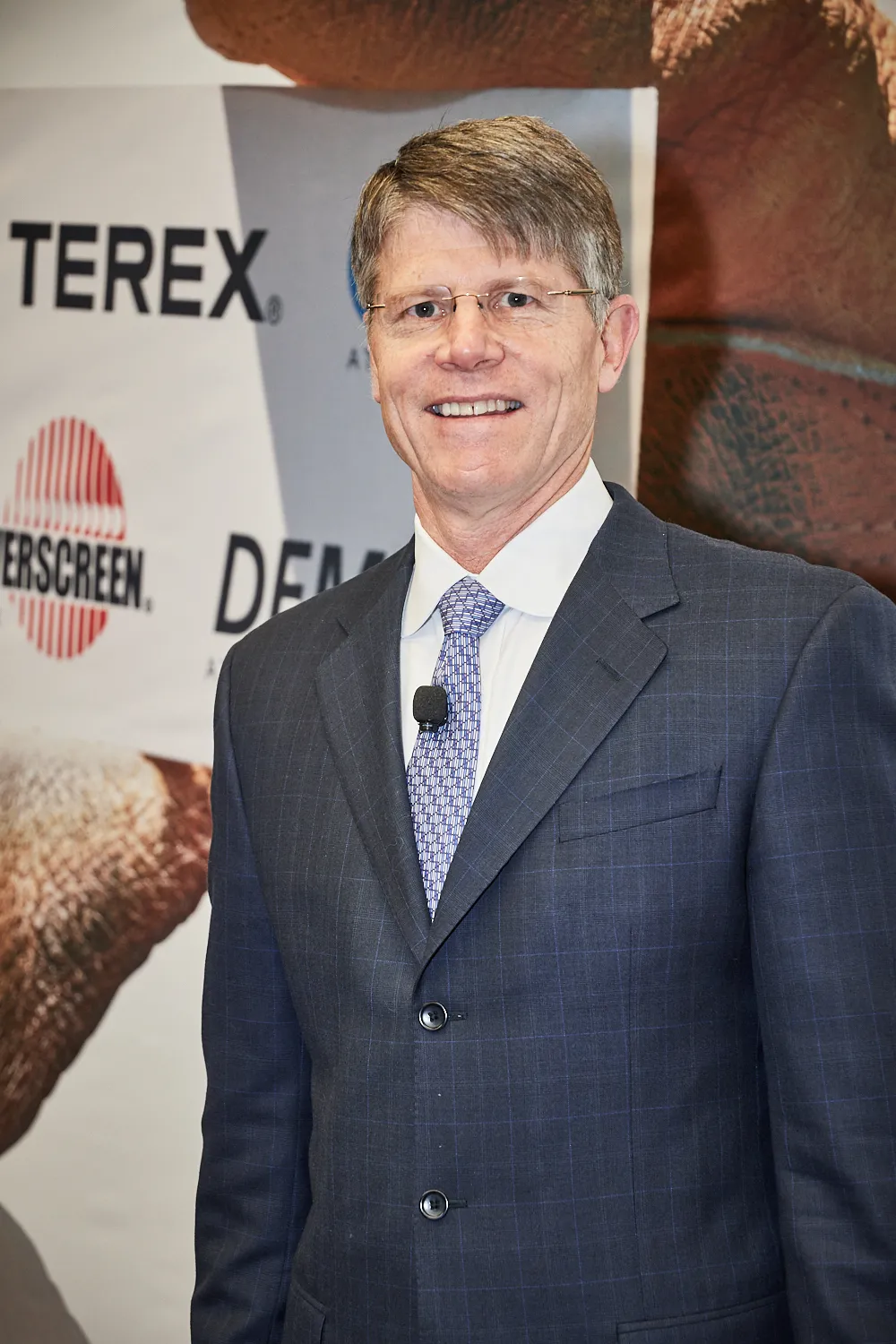
Speaking at the CONEXPO-CON/AGG show in Las Vegas, president and CEO John Garrison laid out the company’s future strategy.
“It’s been a dynamic and exciting time at Terex, transforming Terex for the future,” he said.
Already this year the company has sold its compact construction equipment division in the UK to French company Mecalac and its Materials Handling and Port Solutions business to Konecranes. In 2016 the firm also sold its German construction machinery business to Yanmar. There are now just two smaller businesses to divest, including a site that builds backhoe loaders in India.
Terex is also set to close 14 manufacturing facilities around the world, around one third of its global capacity, as it restructures production of equipment.
“That’s necessary for us to get our cost structure in line,” said Garrison.
However he claimed that the company is ready to respond to any upturn in demand and will continue to invest in organic growth from within the three operating divisions. At CONEXPO-CON/AGG alone Terex unveiled 12 new cranes, aerial work platforms and crushing solutions. The business will also continue to invest in customer service offer and dealer support.







